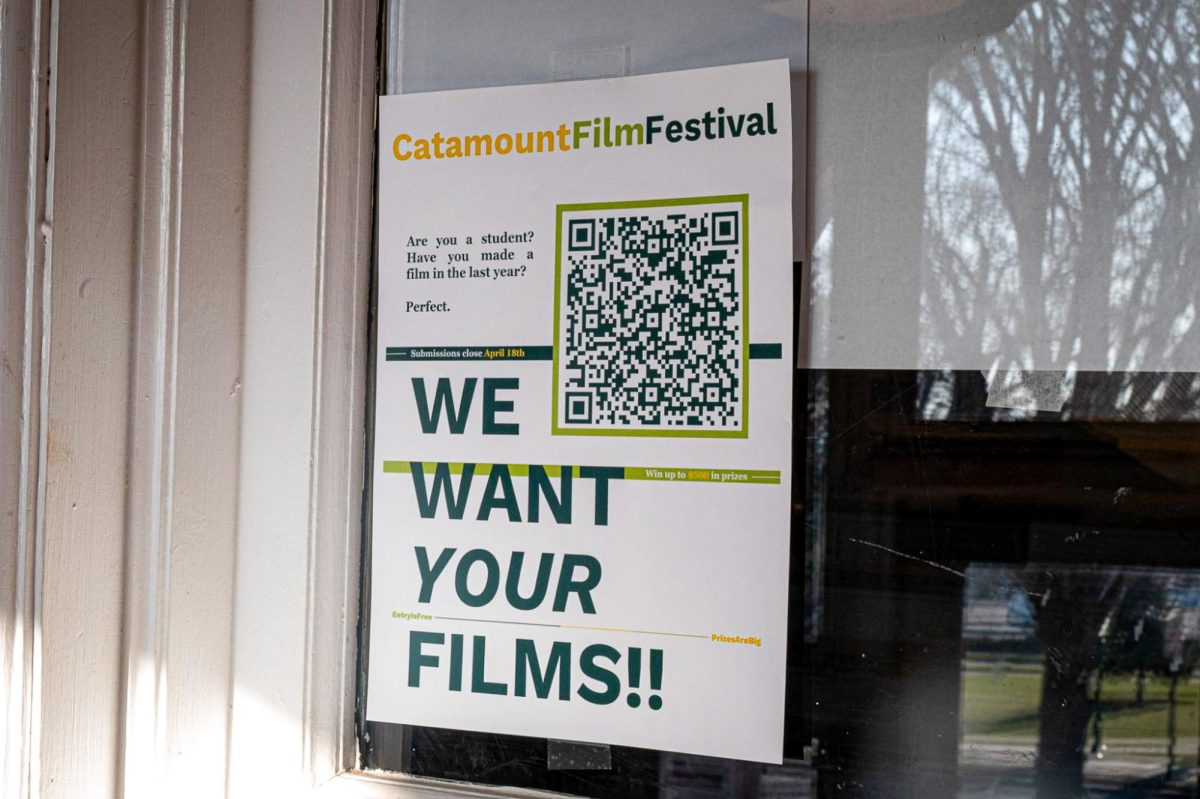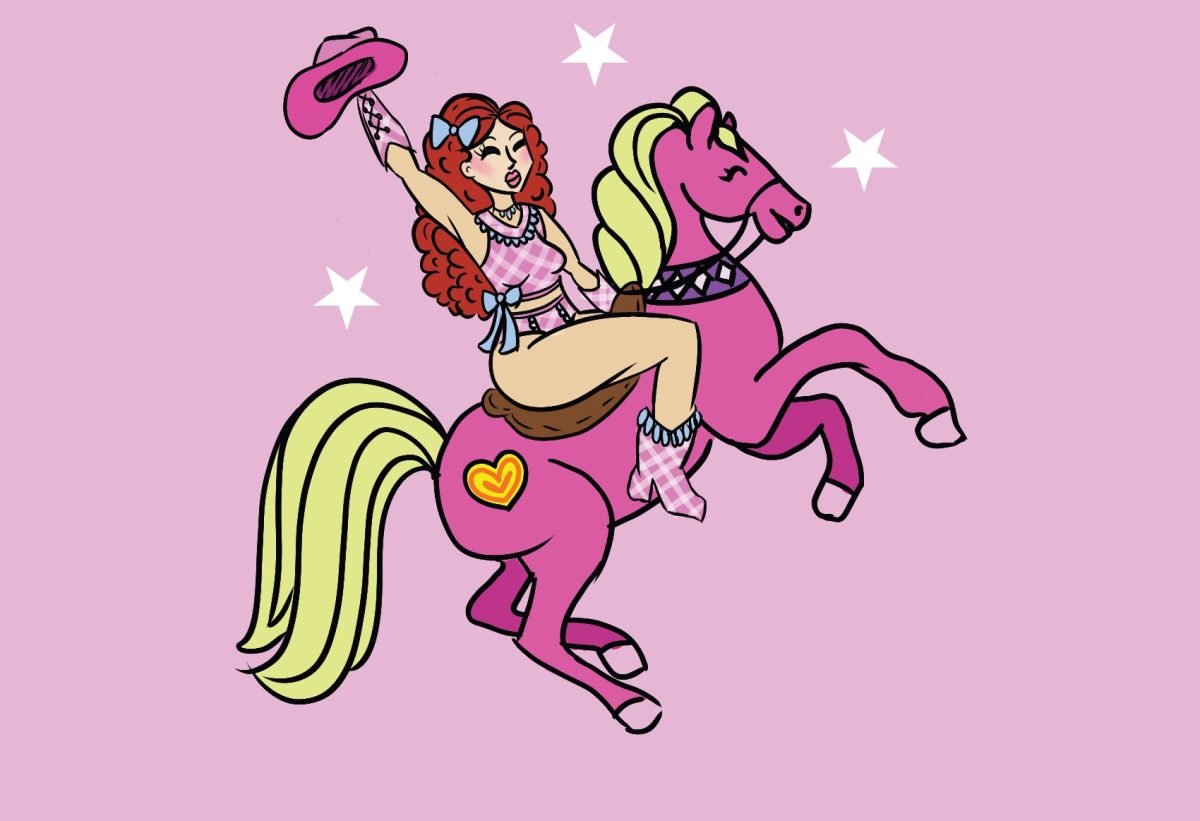What are you willing to sacrifice? Honestly. Let’s say the person you love most — your mom, your brother, your dog, your best friend — was about to die. Only you could save them. What would you do? Katniss Everdeen is willing to give everything up to save her little sister, Prim. She’s willing to take her place in the annual Hunger Games — a public government-run gladiatorial tournament. “The Hunger Games” by Suzanne Collins is dystopian young adult fiction. Katniss is ripped from her home in poor, coal-mining District 12 and shipped off to the Capitol, where she will be forced to fight 23 other teenagers to the death. The other contestant that is chosen from her district is the baker’s son, Peeta Mellark, who will either become Katniss’ most dangerous enemy or her best bet at surviving. The government is a constant source of anger, frustration and, above all, fear. To remind the working class of its control, the government of Panem subjects its people to thinly veiled demonstrations of power. Katniss, the main character, is a strong girl — logical but emotionally relevant, and as such is a refreshing change from the character monotony of the modern young adult market. The story is original, as are the personalities and thought processes of the characters. More importantly, this is a book that can hold the attention span of the masses. It is well-paced. The last 200 pages will take as long for the reader as the first hundred did. The whole book flies. Even if you aren’t much of a reader, “The Hunger Games” is a book you won’t regret starting. Collins knows her audience, and she writes well for them. The flaws in this book are small and easily overlooked by the casual reader. While the character of Katniss is original and inspiring, her narration is sometimes paranoid. She has a tendency to over-judge and to mistrust those that are her friends. It is an intentional flaw in Katniss’s character, but one that can sometimes be annoying. Peeta Mellark, the love interest throughout the novel, is charming but a bit useless. He spends the majority of the story either out of scene, or injured. The upside of this is that Collins creates a subtle gender reversal: the female role becomes the protector, and the male becomes the rescued. Despite these flaws, “The Hunger Games” is a must read.
Categories:
Games’ thwarts its ‘young adult’ rap
September 23, 2011
0
More to Discover







